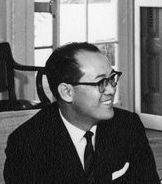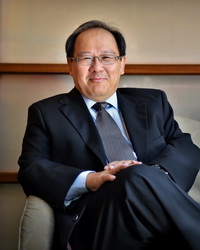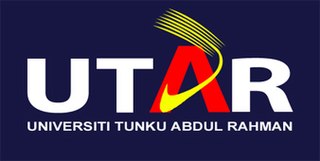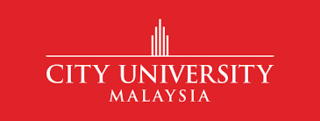This article may rely excessively on sources too closely associated with the subject , potentially preventing the article from being verifiable and neutral.(April 2018) |
 | |||||||
Former names | TAR College (1969–2013) TAR University College (2013–2022) | ||||||
|---|---|---|---|---|---|---|---|
| Motto | Beyond Education | ||||||
| Type | Private | ||||||
| Established | 1969 | ||||||
| Chairman | Tan Sri Chan Kong Choy | ||||||
| President | Prof Dato' Indera Ir Dr Lee Sze Wei | ||||||
| Students | More than 32,000 | ||||||
| Location | , Malaysia 3°12′54″N101°43′42″E / 3.215118°N 101.728345°E | ||||||
| Campus | Kuala Lumpur Campus Penang Branch Perak Branch Johor Branch Pahang Branch Sabah Branch | ||||||
| Website | www | ||||||
| Chinese name | |||||||
| Simplified Chinese | 拉曼管理与工艺大学 | ||||||
| Traditional Chinese | 拉曼管理與工藝大學 | ||||||
| |||||||
| Abbreviated name | |||||||
| Simplified Chinese | 拉曼理工大学 | ||||||
| Traditional Chinese | 拉曼理工大學 | ||||||
| |||||||
Tunku Abdul Rahman University of Management &Technology,abbreviated TAR UMT,is a non-profit,private university in Malaysia. Named after the country's first prime minister,Tunku Abdul Rahman,the school was founded in 1969 as Tunku Abdul Rahman College (or TAR College) by the Malaysian Chinese Association (MCA). On 2 May 2013,it officially became a university college under the name Tunku Abdul Rahman University College (TAR UC) and in 2022,the institution was upgraded to a University,changing its name to TAR UMT.
Contents
TAR UMT's main campus covers 171 acres (69 ha) at Jalan Genting Kelang in Malaysia's capital,Kuala Lumpur. The university also has five branches across Malaysia,in the states of Penang,Perak,Johor,Pahang and Sabah. The first branch campus,in Penang,began at a temporary location in 1994 before moving to Tanjung Bungah five years later. The second and third branch campuses were founded in Kampar,Perak and Johor in 1998,and the Pahang branch was established in 1999. The Sabah branch was founded in 2002 in Sabah,East Malaysia.
TAR UMT is the only institution in the world to conduct the Internally Assessed ACCA Fundamentals programme, [2] and the only institution in Malaysia to be granted the Graduate Gateway status by the Chartered Institute of Marketing. [3] TAR UMT obtained a SETARA 5-Star rating for the year 2018/2019 in its inaugural participation,and a Competitive rating under SETARA 2022,awarded by the Ministry of Higher Education.
Being one of the oldest institutions of higher learning in Malaysia,TAR UMT is steeped in its legacy of excellence yet highly globalised in its outlook and connection. With an alumni body of more than 310,000,many of our graduates have made their mark in the world as industry captains,successful entrepreneurs,and national leaders. Today,TAR UMT has a student population of more than 34,000 including international students from more than 30 countries.















